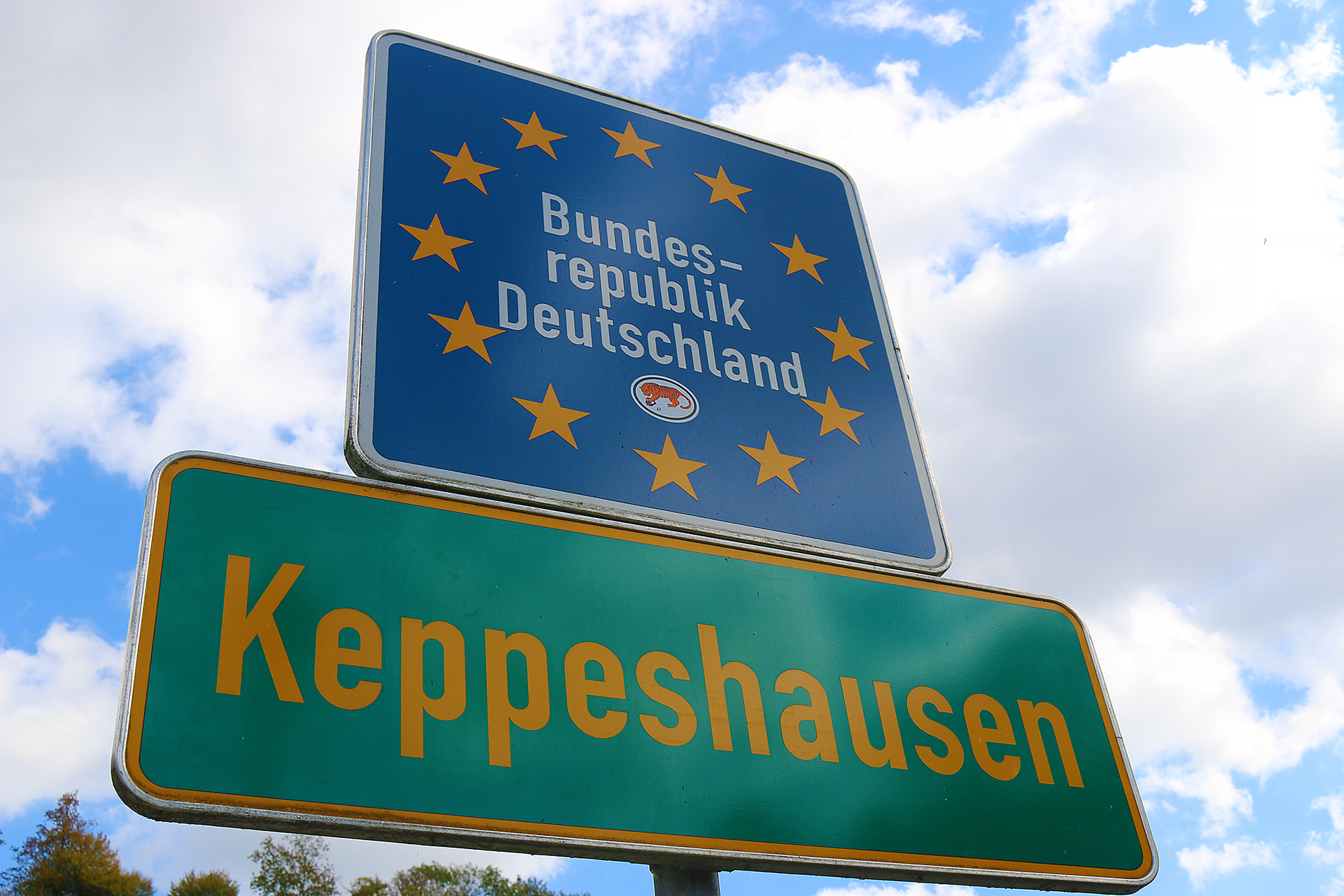Note: This article pertaining to Language: Why Do We Name Places As We Do? was originally published on Sunday, August 9, 2015 at 6:55 in the evening and has been updated.
I once had lunch with a couple of people who were discussing different types of potato salad: New York-style potato salad — my favorite, of course — as well as Southern style potato salad, potato salad made with red potatoes, and German potato salad.
Language: Why Do We Name Places As We Do?
My warped mind immediately quipped to myself — yes, it does this all the time and probably could benefit from psychiatric intervention but I vehemently decline, thank you — why would I want to have potato salad full of germs?!?
Then I thought to myself: why in the world do we call that country Germany? Its own residents call it Deutschland — why not us as well? Why do French people call it Allemagne? Why do Italians call it Germania?
The English name for Germany is purportedly derived from the Latin term Germania, which emanated from after when Julius Caesar adopted it for the peoples east of the Rhine River. If you believe Wikipedia, the list of names which other people call Germany are listed here…
…but that is not the point. Origins of names are fine — but why not agree on one name as determined by the citizens of that country?
Why do French people call the United States les États-Unis? Why do people who speak Spanish call the United States estados unidos? Yes, I do realize that those are the literal translations of United States in French and Spanish respectively — I can survive rather well in countries where French is the main language and I was able to get by on Spanish in several countries as well — but why do they not just call the United States the United States?
Deutschland. España. Sverige. Nippon — or perhaps Nihon. These are a few examples of what we should all be calling Germany, Spain, Sweden and Japan respectively. Whatever the citizens call their country is the name which we should use, in my opinion.
This way of thinking derives from my determination to call a person by the name in which he or she should be called. If someone is named Eduardo, I am not going to call him Eddie, for example — unless, of course, Eddie is how he wants me to call him. When someone warns me that his or her name is difficult to pronounce, I usually say “try me.” Whether or not I botch up the pronunciation, the person is usually appreciative and sometimes impressed that I even attempted to properly pronounce the name.
For me, the same is true with language. When in Roma — not Rome — literally do and say as the Romans do. I find that people are more receptive when I attempt to speak to them in their native language — even if I know only a few words — and that includes the name of their country.
This is not without precedent. Remember when Beijing was once called Peking; or Mumbai was called Bombay? Remember when Türkiye was called Turkey; or when Eswatini was called Swaziland? While the name change was more political, remember when Zimbabwe was called Rhodesia?
Perhaps we should consider calling a country — or a state, city, town, province or any other place — by the name its citizens prefer to use. An exception could possibly be granted for countries which some people might find difficult to pronounce.
Final Boarding Call
Is this an idea worthy of consideration — or is this simply an example of “if it ain’t broke, don’t fix it”? Are the dozens of different names for each country too charming that having simply one name would be too — well — homogenized? Please share your thoughts, as I am hoping that this will spark some interesting and thoughtful discussion — and I do realize that what I have posted here could be only the “tip of the iceberg”, so to speak…
Photograph ©2018 by Brian Cohen.

